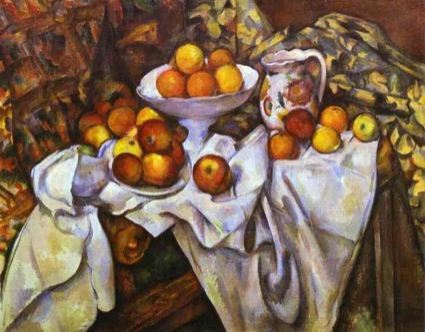The fox knows many things; the hedgehog one big thing.
– Archilochus (Greek Poet ~640 BC)
The fox is clever and multi-skilled. A jack of all trades.
The hedgehog is a master of one discipline.
A frustration I see in a lot of people, places, and also in myself is the tension between these. Life demands that we be excellent (or at least decent) at a long list of things: parenting, computer skills, car mechanics, lawn care, cooking, reading, socializing, and so on. But it seems nearly all the great people that have gone before us were hedgehogs. They did one thing super well. They made a real difference in the world because they poured their life into one passion and discipline. We KNOW deep down that we could do something just as great, if only we were “allowed” to specialize.
Beethoven was brilliant, but he wouldn’t have written those piano concerto’s if he was busy painting his house. Einstien probably would have never published his works on physics if his job demanded he figure out how to format his data in Excel 2007 and attend that faculty meeting. Itzack Pearlman can play violin like no other because he was still practicing when his fellow violinists were working out at the gym, walking their dog, or what have you. A lot of these “greats” have horrible track records with relationships. They were often lousy husbands, wives, and parents. But if they HAD put the effort in to be a good parents, you and I would not even know they existed. They likely wouldn’t have ever made it to their magnum opus. Your 8-year old daughter inspired by watching the Olympic gymnasts on TV last week? Sorry. She should have started training 5 years ago for it to be anything more than a hobby.
People hoping for a career in high academia especially feel the heat of this. But Rene Girard chuckled when other philosophers scorned him for diving into too many subjects:
People will accuse us of playing at being Pico della Mirandola – the Renaissance Man – certainly a temptation to be resisted today, if we wish to be seen in a favorable light.
(Things Hidden Since the Foundation of the World, p. 141)
My thinking has been all wrong on this though. Comparing ourselves to others does not bring glory to the Lord. It is a wellspring of despair. Instead, I think we CAN be foxes and still make a difference in this world. We must open our eyes wider. Go kick it hard at work today then come home and fix the mini-van, play with your kids, and do something special for your wife.


